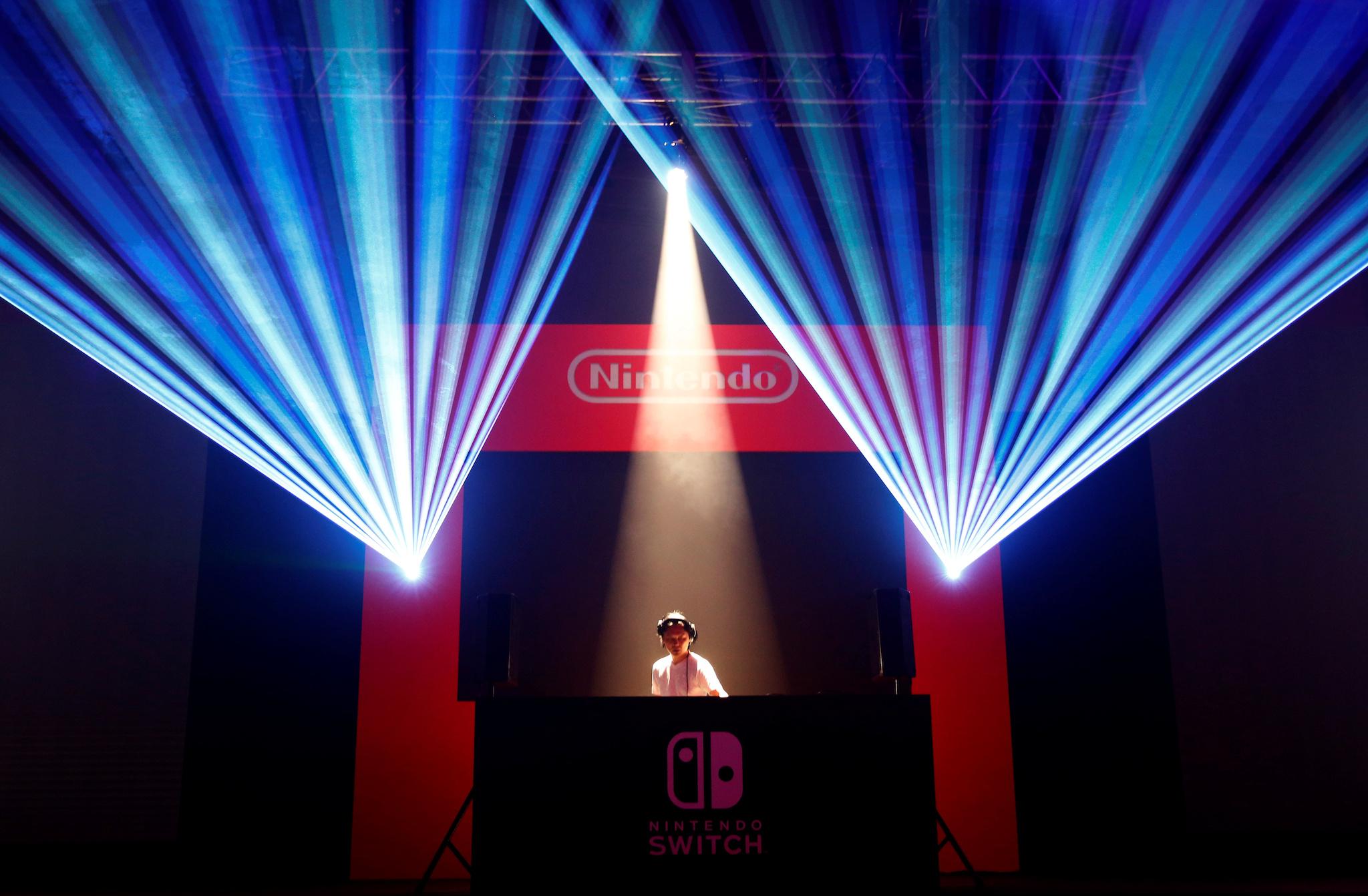Nintendo Switch 2 controller could redefine how people play games, company suggests
'Our objective is to achieve an interface that surpasses the current controller'

Your support helps us to tell the story
From reproductive rights to climate change to Big Tech, The Independent is on the ground when the story is developing. Whether it's investigating the financials of Elon Musk's pro-Trump PAC or producing our latest documentary, 'The A Word', which shines a light on the American women fighting for reproductive rights, we know how important it is to parse out the facts from the messaging.
At such a critical moment in US history, we need reporters on the ground. Your donation allows us to keep sending journalists to speak to both sides of the story.
The Independent is trusted by Americans across the entire political spectrum. And unlike many other quality news outlets, we choose not to lock Americans out of our reporting and analysis with paywalls. We believe quality journalism should be available to everyone, paid for by those who can afford it.
Your support makes all the difference.Nintendo is working on a new controller that could change how people play games, it has said.
Recognising that the traditional way of playing on consoles is still popular but could be overhauled, the company is "trying out new ideas" that could see it once again release a new way of interfacing with games.
Nintendo helped introduce the controller system that is used on consoles to this day, and has been for 30 years. But it has also repeatedly tried – and sometimes failed – to make that old-fashioned, with systems like the Wii's motion controllers.
Now it says that future technology, such as the Nintendo Switch 2, could come with yet more ways of redefining the controller.
At a recent shareholder meeting, Nintendo bosses were asked about the fact that games are still almost universally played in the same way: by someone looking at a screen, with a controller in their hand, as they have been for 30 years. Executives were asked how developers felt about that and whether it would change in the future.
Nintendo director Shinya Takahashi noted that the company was already working to change this paradigm. He pointed to games like 1-2 Switch and the Nintendo Labo cardboard kits, which changed both the controller and the way people actually play the game with it.
He noted that all of the games shown off at this year's E3 conference did stick with the traditional way of playing. But he then went on to suggest that could be about to change.
"The software exhibited at this year's E3 just happened to be mostly the type that is played with controller in hand, looking at the screen," he said. "However, I think you can see from the software we've created that we are always trying out new ideas."
Another of Nintendo's representatives then went on to detail how some of those changes could arrive, and how they would compare with previous changes to Nintendo's systems.
"Nintendo was the first to create the style of playing video games with a plus-shaped directional pad and additional buttons, which has now become the industry standard," said Shigeru Miyamoto, the Nintendo director who created Mario and Zelda. "It was also Nintendo that changed the original plus-shaped directional pad, which operated digitally in eight directions, into the first analog input device that moves freely in all directions for Nintendo 64. This, too, is now common."
He went on to say that this kind of controller remains the "clear winner" for now. But with time that might change, he noted, and Nintendo was already working on what that might look like.
"Our objective is to achieve an interface that surpasses the current controller, where what the player does is directly reflected on the screen, and the user can clearly feel the result," he continued. "This has not been achieved yet.
"We have tried all kinds of motion controllers, but none seem to work for all people. As the company that knows the most about controllers, we have been striving to create a controller that can be used with ease, and that will become the standard for the next generation."
Join our commenting forum
Join thought-provoking conversations, follow other Independent readers and see their replies
Comments